Putin says he could send police to Belarus if necessary
- Posted By: Studio
- International
- Updated: 5 May, 2024 19:43
- 962
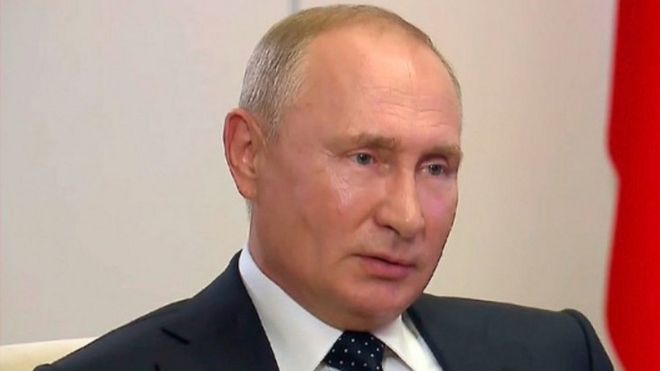
Russian President Vladimir Putin says he has formed a police reserve force to intervene in Belarus if necessary, but that point has not yet been reached.
Speaking on Russian state TV, he said Belarus President Alexander Lukashenko "asked me to set up a certain police reserve" and "I have done so".
"We also agreed that it won't be used until the situation gets out of control," he told Rossiya 1TV.
Mr Lukashenko's disputed 9 August re-election triggered huge protests.
Separately, at least 13 journalists - including a BBC team - were detained in the centre of the capital, Minsk, ahead of a planned opposition protest. The interior ministry said they had been taken to a police station for identity checks, but the BBC's Steve Rosenberg said it was a "clear attempt to interfere with coverage of events".

'Levelling out'
Mr Putin said Russia had an obligation to help Belarus with its security under the two countries' close alliance, and he stressed the deep cultural, ethnic and linguistic ties between the two nations.
He said the new reserve force would not go into Belarus unless "extremist elements using political slogans as cover cross a certain boundary and start armed robbery, setting fire to cars, houses, banks, try to seize government buildings and so forth".
He added that "on the whole, though, the situation now is levelling out".
Poland's Prime Minister Mateusz Morawiecki said Mr Putin was using the idea of restoring control in Belarus to hide a hostile breach of international law.
He said the plan must immediately be withdrawn.
Russia and Belarus are members of the Collective Security Treaty Organisation, made up of a number of post-Soviet countries.
The two nations formed a union in 1996 that promoted greater integration as well as guaranteeing citizens the right to work and reside freely in both countries.
President Putin is upping the ante on Belarus, with a direct confirmation of what Alexander Lukashenko claimed some time ago: that Russia will step in to help him, with force, if things go bad.
Just what force, and how bad, Mr Putin hasn't fully defined. By "law enforcement officers", he doesn't mean ordinary street police, though.
The term is far broader, including riot police, the National Guard (Rosgvardia) and even the FSB. So the potential for some kind of Russian intervention now hangs as an open threat both to opposition leaders and protesters - and to the West.
Because Vladimir Putin also underlined the special relationship between Minsk and Moscow - ethnic bonds, family ties, and economic links.
Russia cared what happened across its border, he said, more than once. He did nod to the concerns of protesters: if there were no problems, they wouldn't be out on the streets, Mr Putin reasoned.
But on the whole, this was a statement of support for President Lukashenko. Russia has got his back.

The EU and US have rejected the 9 August Belarus vote as neither free nor fair. The EU is preparing sanctions against officials it accuses of rigging the result to deliver Mr Lukashenko's victory and of cracking down on the opposition movement.
The scale of the demonstrations in the Belarusian capital Minsk is unprecedented. Mr Lukashenko claimed a sixth term, after 26 years as president already, with 80% of the vote.
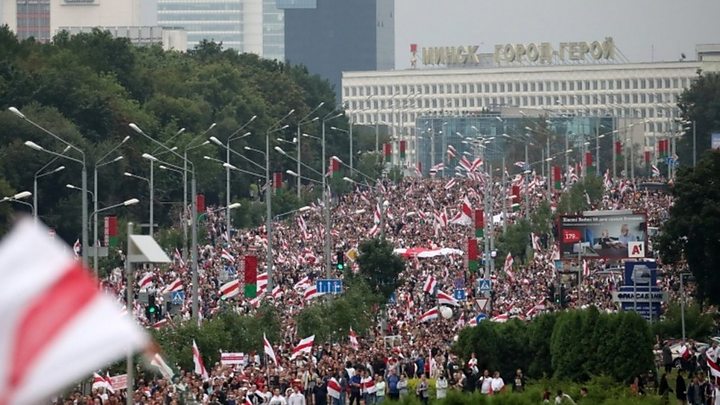
A criminal case has targeted the opposition Co-ordination Council, which Mr Lukashenko accuses of trying to seize power.
The most prominent opposition leader inside Belarus, Maria Kolesnikova, has been questioned by prosecutors. Arriving at the investigative committee building in Minsk, she was applauded as she urged supporters not to give up.
Prosecutors questioned the Nobel literature prize-winner Svetlana Alexievich on Wednesday. She told reporters she had refused to answer their questions, and said the council's activities were totally legal.
The council was launched by Svetlana Tikhanovskaya, the leading opposition candidate for president, who is now in exile in neighbouring Lithuania.


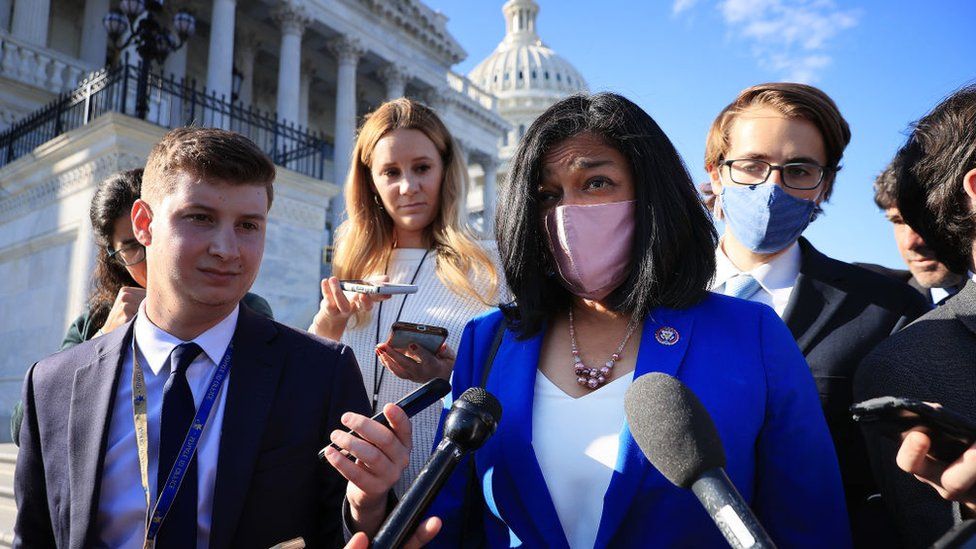




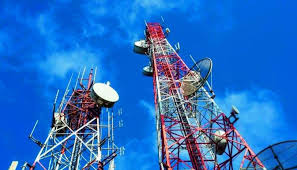
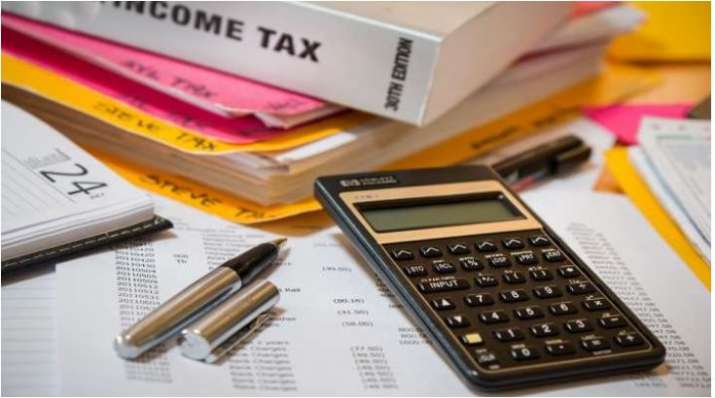

Comments